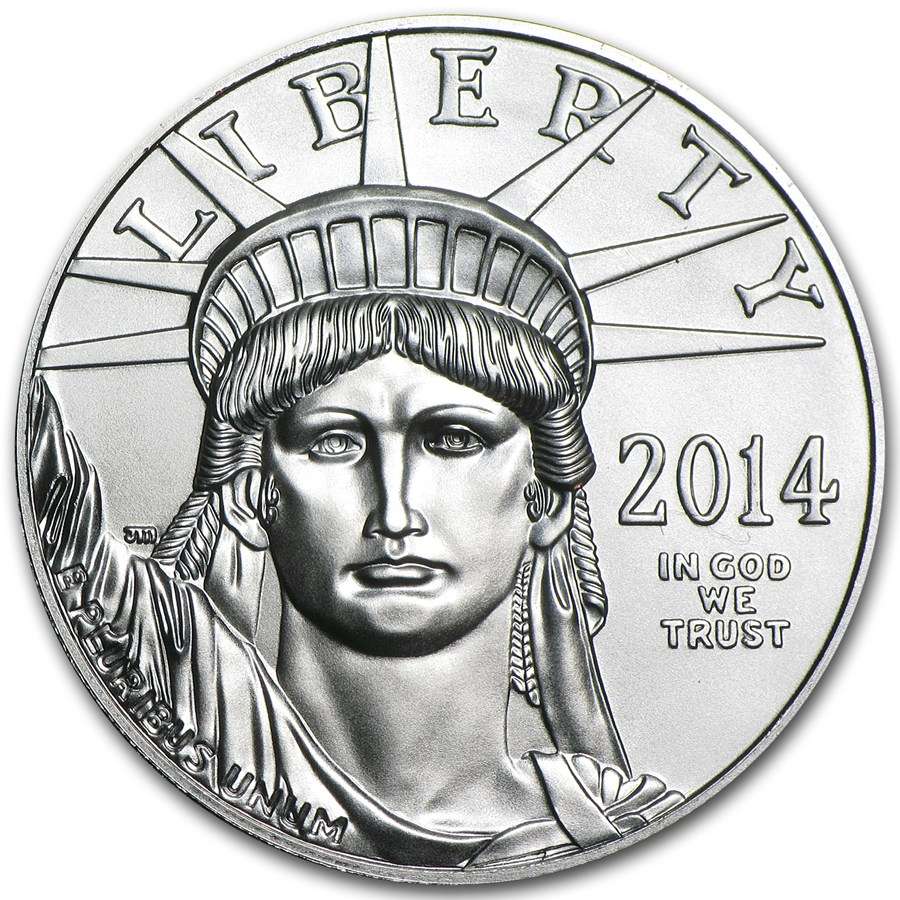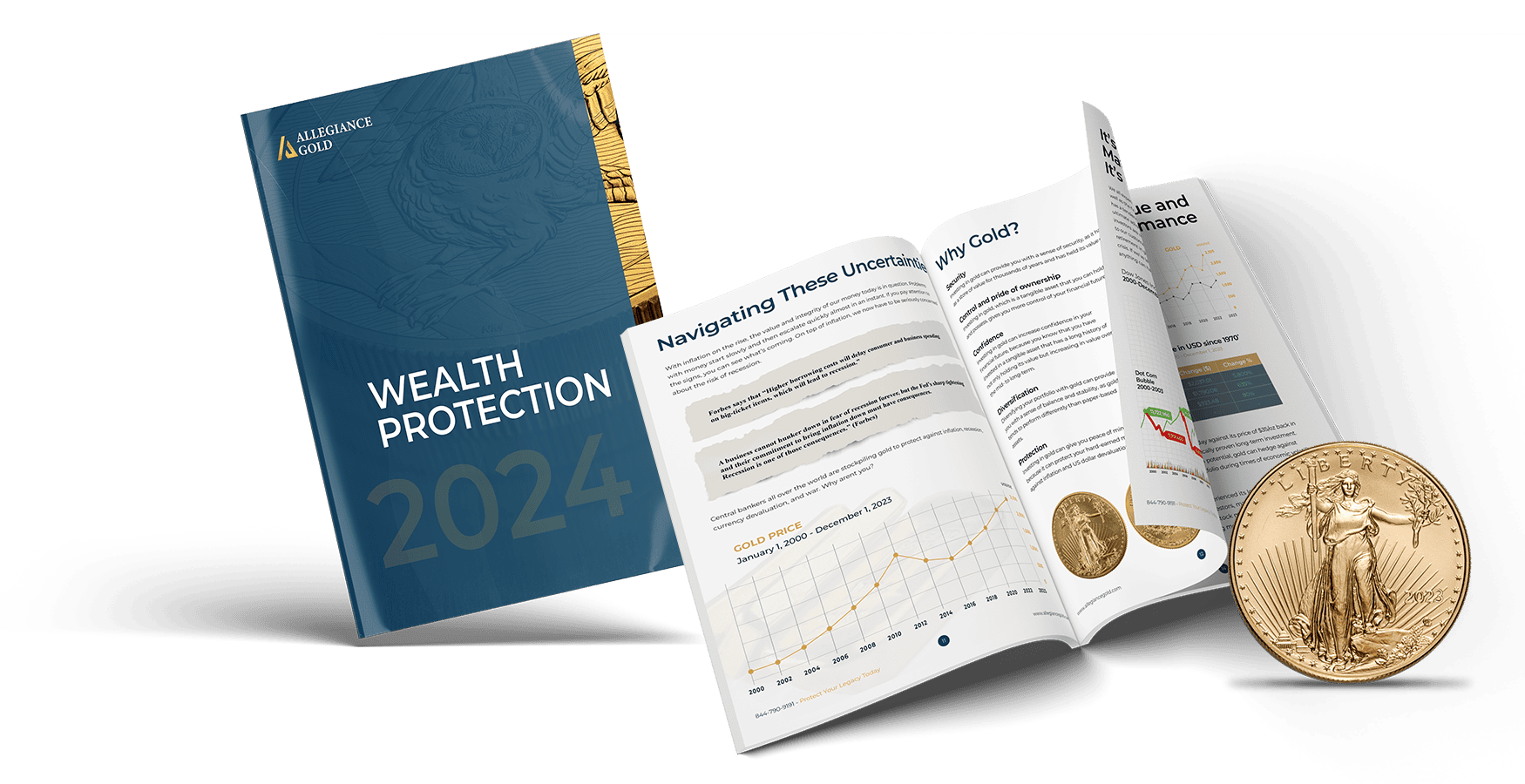What is the Relationship Between Gold and Inflation?
For thousands of years, gold has been a reliable store of wealth. However, its price has fluctuated due to a number of factors. In times of war and uncertainty, the price of gold will rise exponentially. Another factor that affects the price of gold is inflation.
What is Inflation?
Inflation is a decrease in the purchasing power of money. You may see the value of money decrease if more money is printed into circulation. When that happens, people see the value of money is worth less than it was before. When that happens, people seek to convert the money into something that can’t be easily inflated such as real estate, stocks, and precious metals.
Inflation Over the Last 50 Years in the United States
During the last 50 years, we have not seen many periods of inflation. In fact, the 1970s was the only time that we have seen sustained inflationary conditions. During that time, the price of gold had risen from $35 an ounce up to $540 dollars an ounce. Investors saw the price of many everyday goods rise in terms of US dollars. This caused many investors to convert their dollars into gold.
Since 1980, we have only seen periodic flashes of inflation here and there. This is rather incredible since the US debt has risen from under $1 trillion to over $29 trillion in the last 40 years. However, in 2021 we have seen the specter of inflation rise again. This may cause the price of gold to rise to an all-new high over the next couple of years.
Why is Gold a Good Inflation Hedge?
So why is gold such a great inflation hedge? Here’s a look at three reasons why investors will tend to put their money in gold when inflation is rising.
1). Limited Supply
Gold is only available in a limited supply. This is a stark contrast to fiat currency which will rise exponentially in inflationary times. Since gold has a lot of supply, investors will tend to convert their dollars into gold.
2). Can Not Be Duplicated
Unlike money, gold can not be manufactured, it can only be mined out of the ground. Because of this gold has a level of integrity that no fiat currency can duplicate.
3). Worldwide Acceptance
No matter where you are on the planet, gold is an accepted form of wealth. Therefore, gold works as an excellent inflation hedge anywhere on the planet.
How Much Can Gold Rise During Inflation?
During inflationary times, gold can see an exponential rise in value. For instance, the value of gold went up 18 fold during the 1970s. Usually, gold will rise quickly during inflationary times which will then lead to a “blow-off” top where the general population will panic buy into the precious metal.
However, when inflation comes back under control, investors will flee the precious metal faster than when they went into it. For instance, the price of gold fell by more than 50% in 1981 when it appeared that inflation came back under control.
Investing in Gold During Inflation
Since inflation can happen anywhere and at any time, it is important to know the many ways that you can invest in precious metal. First, you can purchase physical gold as either gold coins or gold bullion. If you want to hold gold in your IRA, you can do so by opening a gold IRA. This allows you to purchase gold with pre-tax income.
While there are other ways to invest in gold – such as exchange-traded funds and gold mining stocks – owning the physical precious metal is the purest way to own gold and tends to provide the most reliable returns.
Understanding Gold in Inflationary Times
When inflation is high, it is a smart idea to invest in assets in a limited supply. This is why gold is such a reliable and popular inflation hedge. If you want to protect your wealth from inflation, consider investing in physical gold coins or bars. You can purchase physical gold through Allegiance Gold. Allegiance Gold has been educating on the importance of adding precious metals to a financial portfolio for many years. Contact one of the executives at Allegiance Gold for more information on how you can preserve your wealth with gold. For a FREE Gold IRA Guide, call 844-790-9191 today!
Request our FREE investment guide to uncover insider tips and strategies for protecting your wealth.




 Gold Products
Gold Products Silver Products
Silver Products Platinum
Platinum